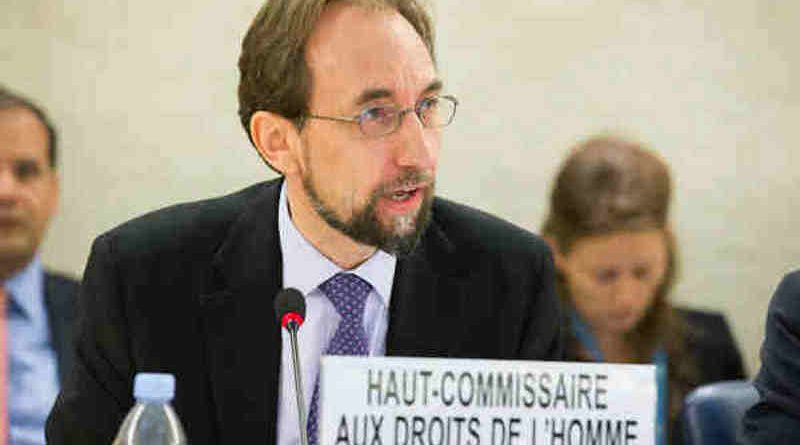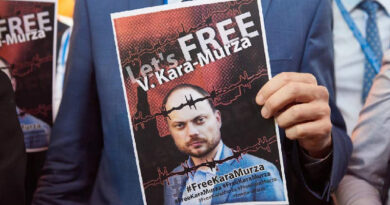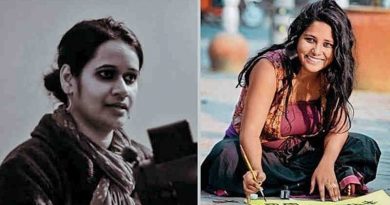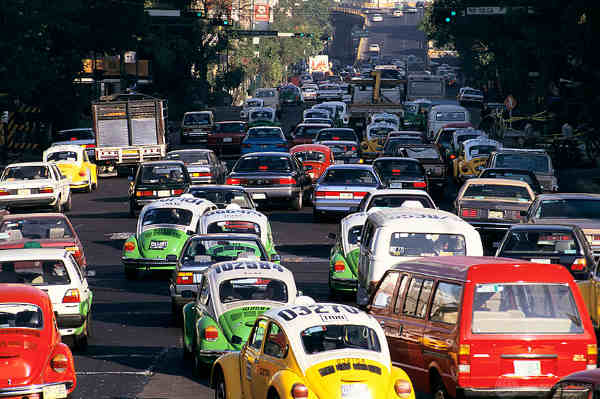Emergency in Maldives Is Assault on Democracy: UN Human Rights Chief

The declaration of the State of Emergency in the Maldives by President Abdulla Yameen and the resulting suspension of constitutional guarantees have swept away the checks and balances and separation of powers necessary in any functioning democracy, UN High Commissioner for Human Rights Zeid Ra’ad Al Hussein said on Wednesday.
He added that it will potentially lead to a greater number of violations of the rights of people in the Maldives. “The suspension of several functions of the judiciary and Parliament, and the restrictions on a series of constitutional rights, create a dangerous concentration of power in the hands of the president,” said Zeid.
[ Yashwant Sinha Leads Political Coup to Dethrone PM Modi ]
The State of Emergency was declared on 5 February in response to a decision by the Supreme Court to order the release and retrial of nine political leaders, and to reinstate 12 suspended opposition Members of Parliament.
The key constitutional provisions which have been suspended by the State of Emergency decrees for 15 days include Parliament’s authority to remove the President and the Supreme Court’s jurisdiction to determine disputes concerning removal of the President. In addition, the entire Criminal Procedure Code has been suspended.
[ Slavery Case: Labour Rights Abusers Threaten Poor Workers in Delhi ]
“President Yameen has, to put it bluntly, usurped the authority of the State’s rule-of-law institutions and its ability to work independently from the executive,” the High Commissioner said. “The Maldives have seen in recent years attacks on political opponents, on journalists, on civil society and human right defenders, and what is happening now is tantamount to an all-out assault on democracy.”
The State of Emergency also suspends fundamental protections against arbitrary detention. People will in effect not be informed of the reasons why they are arrested or detained, will not benefit from the right to be brought promptly before a judge to determine the validity of the detention. Nor will they have the right to appeal a conviction and sentence in a criminal or civil matter.
[ Global Democracy Index: India Is a Flawed Democracy under PM Modi ]
In addition, former President Maumoon Abdul Gayoom was arrested on charges, including attempting the overthrow of the Government, and two Supreme Court judges, including the Chief Justice, have also been detained.
“I am seriously concerned that the measures taken appear to go beyond those permissible during a state of emergency, restricting the basic tenets of democracy and undermining respect for fundamental rights in the country,” Zeid said.
“The principles of legality and the rule of law require that fundamental requirements of fair trial must be respected during a state of emergency. The presumption of innocence must be respected, and judicial remedies, such as the writ of habeas corpus, must be effectively available at all times,” Zeid said.
[ Download: Consultative Paper on Political Reforms in India ]
Following the arrest of two Supreme Court judges, the remaining three judges — responding to concerns communicated by the President — on 6 February revised the Court’s ruling, and overturned its previous unanimous ruling ordering the release and retrial of the nine political leaders.
One of the arrested judges, Ali Hameed, is reported to have been admitted to a government hospital in the capital Malé, and three members of his family including his wife are believed to have been arrested.
The former president Maumoon Abdul Gayoom is apparently being transferred to an unidentified location, and a number of other leading figures in the Maldives have been detained over the past few days.
None of the detainees have been brought before a court, although in most cases – including those of Hameed and Gayoom — their arrests took place before the President suspended Article 48 of the Constitution which lays down rights related to arrests and detention.
“I call on the Maldives Government to lift the State of Emergency immediately, to respect the institutions and their competencies as provided for in the Constitution, and to respect the fundamental rights of all people and the rule of law, in line with the Maldives’ obligations under international human rights law, in particular the International Covenant on Civil and Political Rights,” Zeid said.
💛 Support Independent Journalism
If you find RMN News useful, please consider supporting us.




